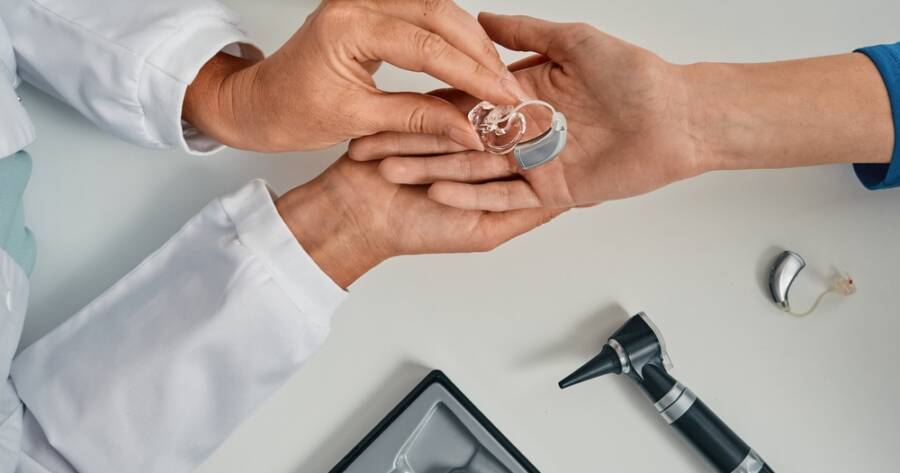Navigating hearing aid coverage through Medicare can be a complex endeavor, as Original Medicare does not cover these devices. However, Medicare Advantage Plans often include benefits that address this gap, offering significant financial assistance. For those without such plans, alternative resources such as charitable organizations and local aid can help. By understanding various financial and coverage options, individuals can access affordable hearing aids and enhance their quality of life.
Understanding Medicare’s Hearing Aid Coverage
Many individuals are under the misconception that Original Medicare covers the cost of hearing aids. However, Original Medicare (Parts A and B) does not cover hearing aids or the related examinations needed to acquire them. Diagnostic exams can be covered if ordered by a doctor, but the financial responsibility for hearing aids mostly falls on the patient. Yet, Medicare Advantage plans, also known as Part C, present an opportunity as they often include benefits for hearing aids not covered by Original Medicare.
Maximizing Medicare Advantage Plans for Hearing Aids
For those looking to leverage Medicare for hearing aids, Medicare Advantage plans provide a viable path. These plans may offer distinct advantages including significant financial benefits towards high-quality hearing aids, often at reduced prices. The specific benefits vary, such as through Aetna’s plan, which offers up to $2,500 per ear for certain eligible individuals, making it conceivable for beneficiaries to access hearing aids with minimal to no cost.
Financial Options Beyond Medicare
While Medicare’s limited coverage requires exploring alternative financial options, several avenues can aid in reducing the burden of hearing aid costs. For those not utilizing a Medicare Advantage plan, opportunities exist via charitable foundations like the Miracle-Ear Foundation or through local resources such as Lions Clubs. Additionally, funds from Health Savings Accounts (HSAs) or Flexible Spending Accounts (FSAs) can also assist in offsetting expenses.
Steps to Qualify for No-Cost Hearing Aids
Applicants seeking to qualify for a no-cost solution must first verify their eligibility and ensure they choose a Medicare Advantage plan that aligns with their needs. It’s crucial to review specific plan details since benefits vary widely between providers. Consulting with a licensed insurance agent can also help beneficiaries explore other potential benefits such as dental or vision services that may coincide with their hearing needs.
Other Resources for Hearing Aid Coverage
Beneficiaries who may not qualify for free hearing aids through Medicare Advantage should consider other avenues. Some individuals may find success tapping into additional state resources like Medicaid, which varies coverage by state and may include hearing aid benefits for eligible groups. Retirees might find the Federal Employees Health Benefits program advantageous, depending on their circumstances.
Why You Should Learn More About Hearing Aid Benefits Today
Understanding the full spectrum of available resources is crucial for accessing affordable, high-quality hearing aids. With the complexity and variability of Medicare Advantage plans, beneficiaries are advised to thoroughly investigate their options. Doing so not only enhances one’s hearing capabilities but also elevates overall quality of life by addressing potential isolation due to hearing impairments. By exploring the possibilities presented by multiple coverage options, individuals stand to gain both financially and personally, ensuring they make the most informed decision regarding their hearing health.
Sources
Medicare Coverage of Hearing Aids
